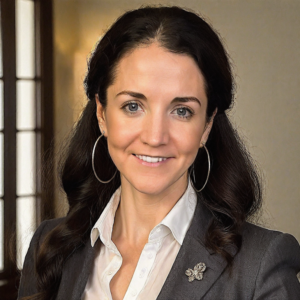Speakers: Stacy Farr, PhD, MPH
 Stacy Farr, PhD, MPH
Stacy Farr, PhD, MPH
Director of CV Outcomes Research
Saint Luke’s Health System
Co-Director, Healthcare Institute for Innovations in Quality (HI-IQ) and Kansas City Quality & Value Innovation Consortium (KC QVIC)
Associate Professor, Dept. of Biomedical & Health Informatics
University of Missouri-Kansas City School of Medicine
Stacy L. Farr, PhD, MPH, is an Associate Professor in the University of Missouri-Kansas City School of Medicine, Department of Biomedical & Health Informatics and Director of Outcomes Research at Saint Luke’s Health System. As a trained health services researcher in health policy and public health, she brings over ten years of experience managing research and policy projects and conducting mixed methods program evaluations on a variety of health-related topics. Dr. Farr completed her BS from Nebraska Wesleyan University; MPH from the University of Kansas School of Medicine; and PhD from the Johns Hopkins Bloomberg School of Public Health in Health Services Research & Policy.
Dr. Farr has presented and published in a variety of national venues, including the peer-reviewed journals Medical Care and the Journal of Clinical Oncology. She also participates on various local and national advisory boards focused on bringing an evidence-based perspective in health services research, health policy, and public health.
